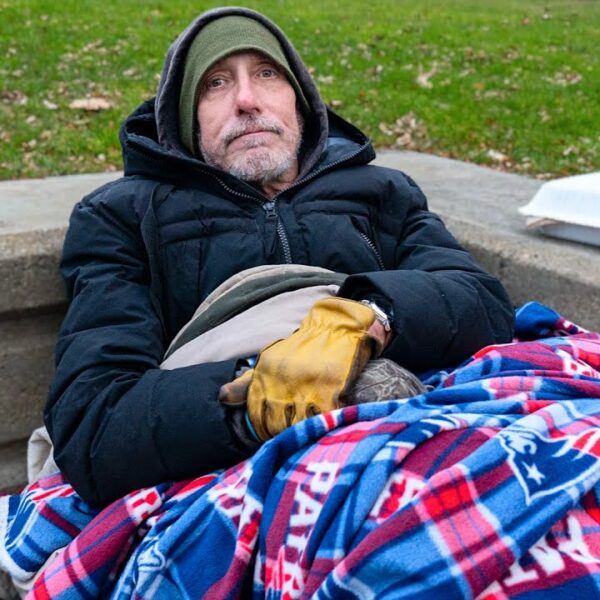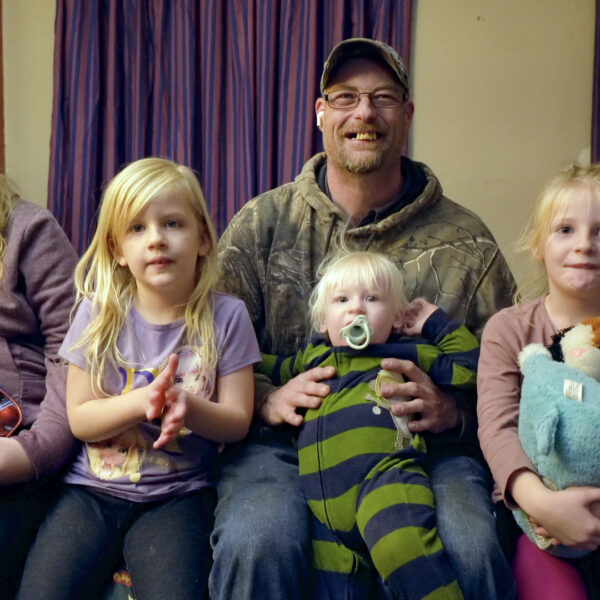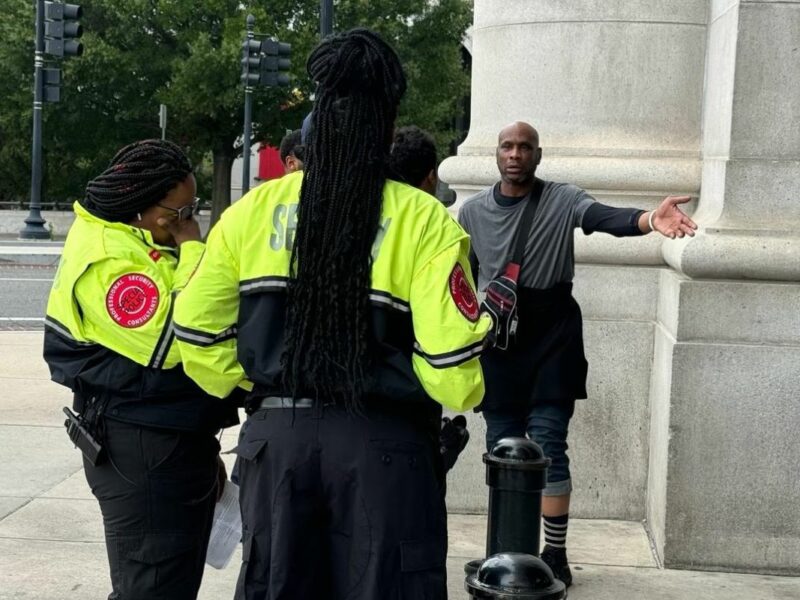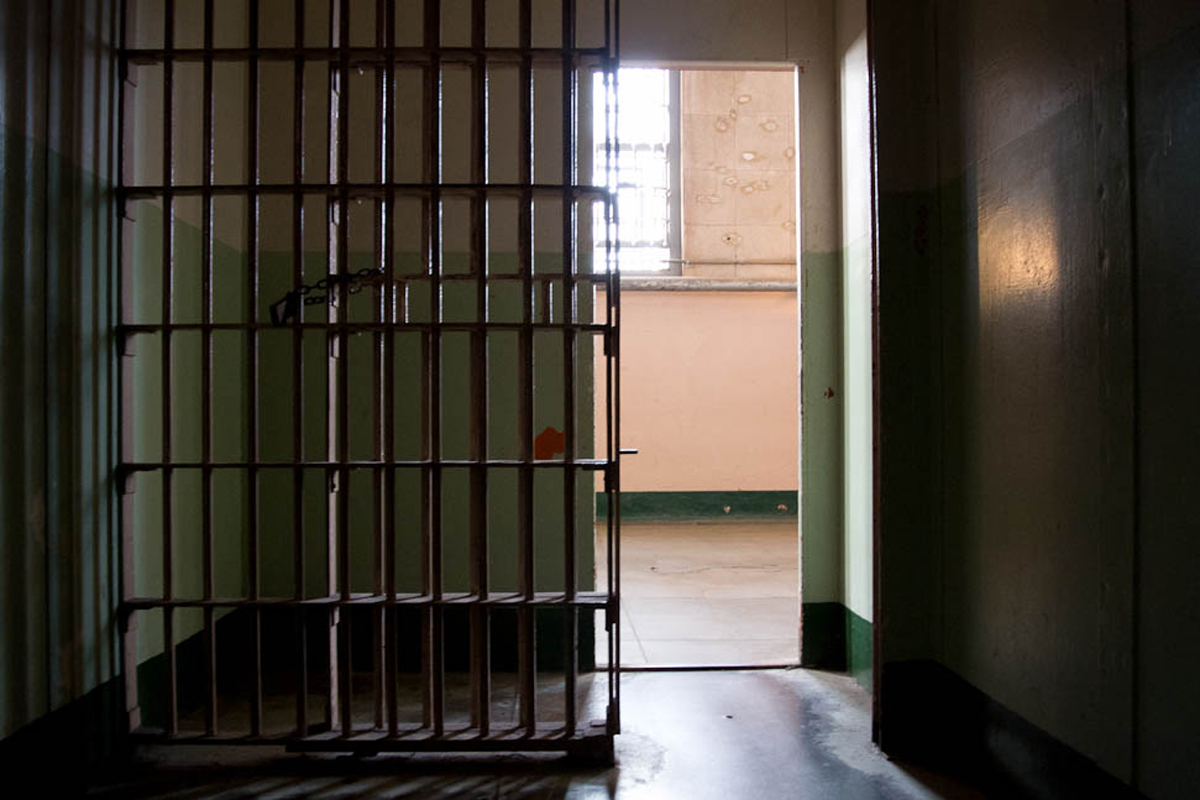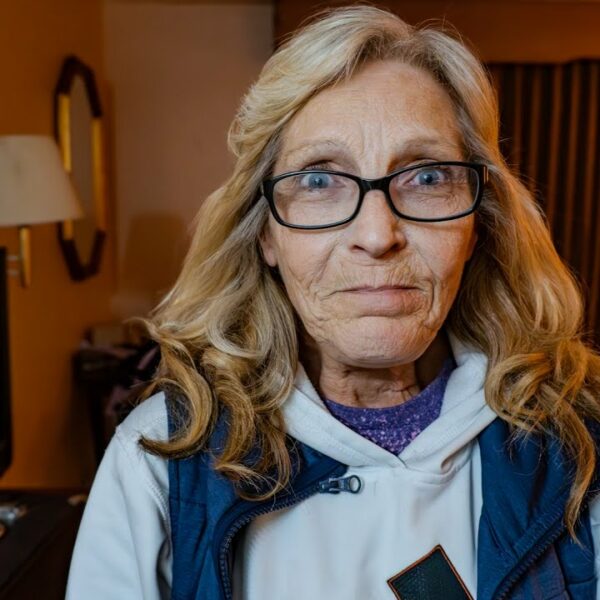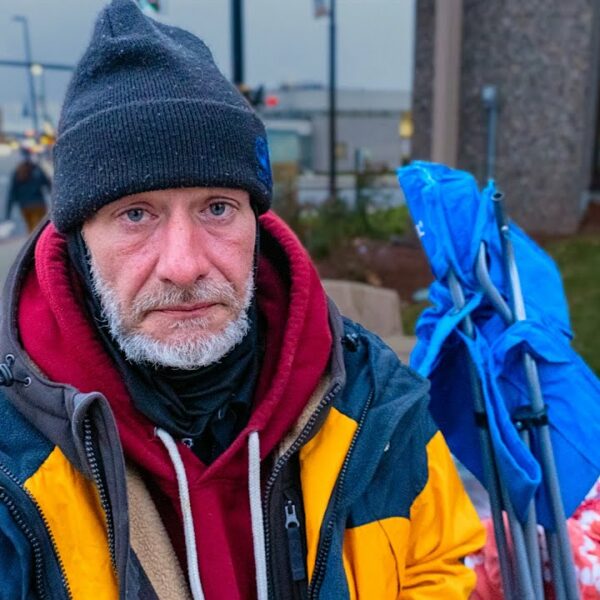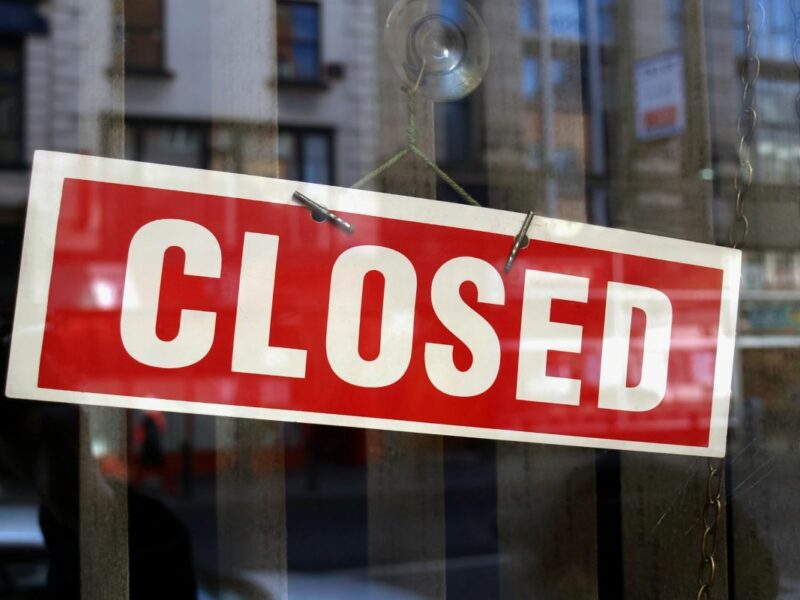We’ve previously reported on the shocking way newly released prisoners have been treated in the UK, being given tents and sleeping bags to use on their first night out because no social housing is available for them.
As bad as that is, America does it even worse. In fact, it makes the Brits look good for being thoughtful enough to supply gear.
We like to think that once a person is released from jail, they’ve paid their debt to society. But in many practical ways, their punishment continues long after that. Not least of which is the drastically increased risk of homelessness that awaits the newly released.
Due to a multitude of factors, formerly incarcerated people in the United States are about ten times more likely to become homeless than members of the general public. Ten times!
Here are some of the factors that contribute to those bleak odds:
Housing Discrimination
People recently released from jail face a catch-22 situation that’s very familiar to homeless people everywhere. They need to find a place to live ASAP. But to do that, they need to find a job to pay for it. To get a job, you need an address for the application and somewhere to shower in the morning.
As if that’s not daunting enough, formerly incarcerated people have an extra layer of stigmatization to face – and it doesn’t do them any favors in the house hunting department. Many landlords use a blanket ban to prevent potential tenants with past convictions or even arrests from renting. So, even if you have enough income to actually pay the rent, you’ll have trouble finding someone to take it.
For successful reentry into society after incarceration, former prisoners need stable housing. However, too many former prisoners lack this necessity, which ultimately contributes to recidivism and the revolving door of America’s prison system.
Barriers to Employment
Whether they’ve secured housing or not, it’s time to find a job.
Discrimination against job candidates with convictions has decreased in recent years, but it is still prevalent. This type of discrimination can affect where you can apply, what kind of job you can get, and even your pay.
Job hunting is exhausting, especially for an ex-convict. They face rejection after rejection while bills roll in, as well as open hostility. Only about 12% of workplaces accept applications from ex-offenders. As a result, roughly 75% of formerly incarcerated job seekers are still looking for work one year after being released from prison. Could you survive for one year without any source of income?
With the deck stacked heavily against them, many re-offend out of desperation or as a way to make money to pay for their cost of living. Of course, this lands many of them right back in prison to repeat the cycle all over again.
Those who don’t re-offend have no choice but to rely on others, often facing homelessness in the process. Once homeless, they are subjected to unfair criminalization laws, which leads to an increased risk of ending up back in jail again.
Difficulty Reintegrating Into Society
It’s hard to adjust to a world you may have been set apart from for years or even decades. First you must adapt to the cultural and technological advancements. Then there’s the jarring experience of moving from a heavily controlled environment to one of freedom and expected independence.
That’s a difficult adjustment for many people re-entering society. The stress of where you’re going to sleep and getting back on your feet financially makes it even more difficult. It’s hard to start reintegrating without having a place to catch your breath. Many never get the chance.
The Beginning of a Vicious Cycle
Statistics show there is a link between homelessness and incarceration. Which one happens first depends on your own personal circumstances. But once you experience one, your risk of falling into the other increases dramatically. For example, did you know 15% of all incarcerated people reported being homeless at some point in the year prior to their incarceration.
What’s worse, is we know homeless people are over-policed at a much higher rate than the general population, often for less severe crimes. We also know how minor violations, tickets, and other inconveniences for housed people can spiral into an extremely destructive force in the life of a homeless person. With more and more cities attempting to criminalize homelessness, simply existing might be enough to get you thrown in jail pretty soon. It will certainly increase the momentum of the prison system’s revolving door.



